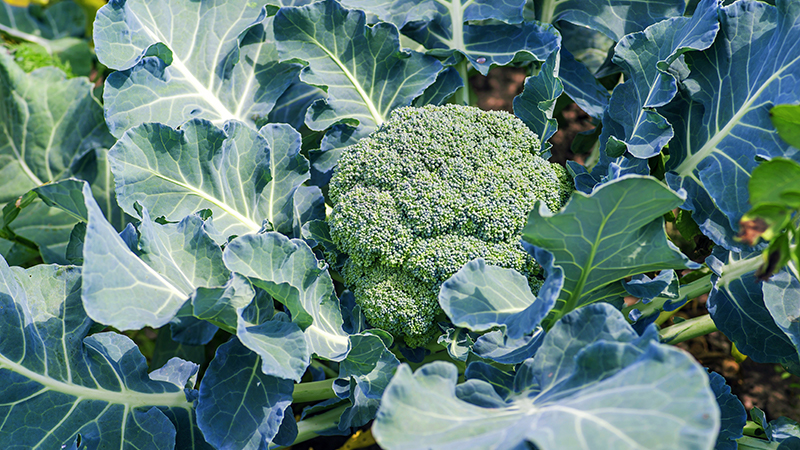USDA Seeks Feedback On Food Safety
USDA’s Food Safety and Inspection Service (FSIS) announced that it is seeking comment on proposed measures to enhance food safety. The proposed rule would implement a provision of the 2008 Farm Bill and is a priority for the Food Safety Working Group (FSWG).
"One year ago the President called on government to do more to ensure our food is safe, and we are working aggressively every day to improve the food safety system in the United States," said Agriculture Secretary Tom Vilsack. "The steps we are announcing will help prevent foodborne illness as well as speed our response when illnesses occur – two goals of the Food Safety Working Group."
The new proposed rule would require that regulated establishments: 1) Promptly notify FSIS if any unsafe, unwholesome or misbranded meat or poultry product has entered commerce; 2) Prepare and maintain current procedures for the recall of meat and poultry products produced and shipped by the establishment; and 3) Document each reassessment of the establishment’s process control plans or Hazard Analysis and Critical Control Point (HACCP) plans.
The new proposed rule supports the Food Safety Working Group Key Findings announced on July 7, 2009. President Obama created the Food Safety Working Group on March 14, 2009 and charged Vilsack and Health and Human Services Secretary Kathleen Sebelius, the co-chairs of the group, with working to upgrade our food safety laws for the 21st century; foster coordination throughout government; and ensure that we enforce these laws to keep the American people safe. Representatives from all federal food safety related agencies, including FSIS, the FDA, and the Centers for Disease Control and Prevention meet regularly to discuss how producers, processors, retailers, consumers, and all levels of government can work collaboratively to make the food Americans eat as safe as possible.
Comments regarding the adopted regulations must be received on or before May 24, 2010, through the Federal eRulemaking Portal at www.regulations.gov, or by mail to: Docket Clerk, U.S. Department of Agriculture, Food Safety and Inspection Service, Room 2-2127, George Washington Carver Center, 5601 Sunnyside Avenue, Mailstop 5474, Beltsville, MD 20705-5474.
All submissions received through the Federal eRulemaking Portal or by mail must reference the Food Safety and Inspection Service and include the docket number "FSIS-2008-0025."
Source: USDA news release









